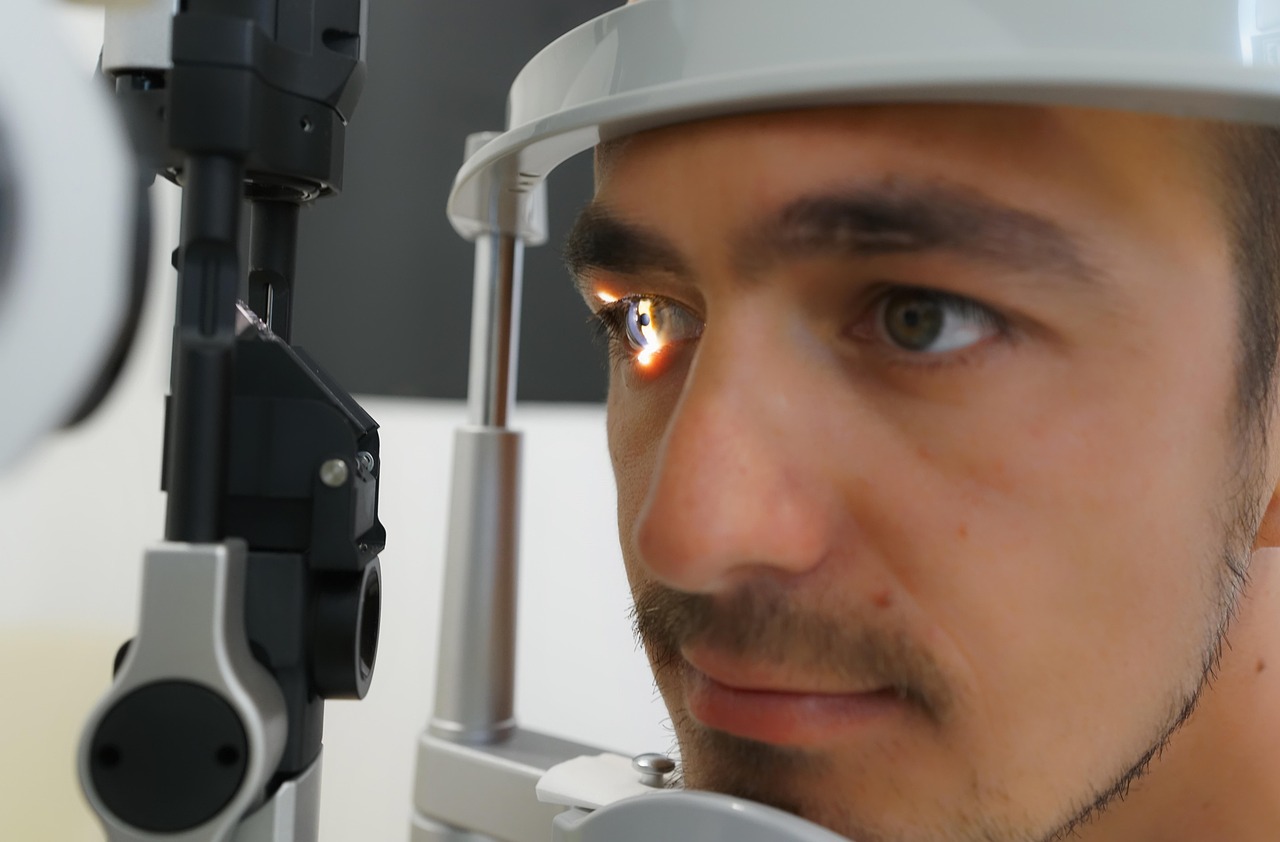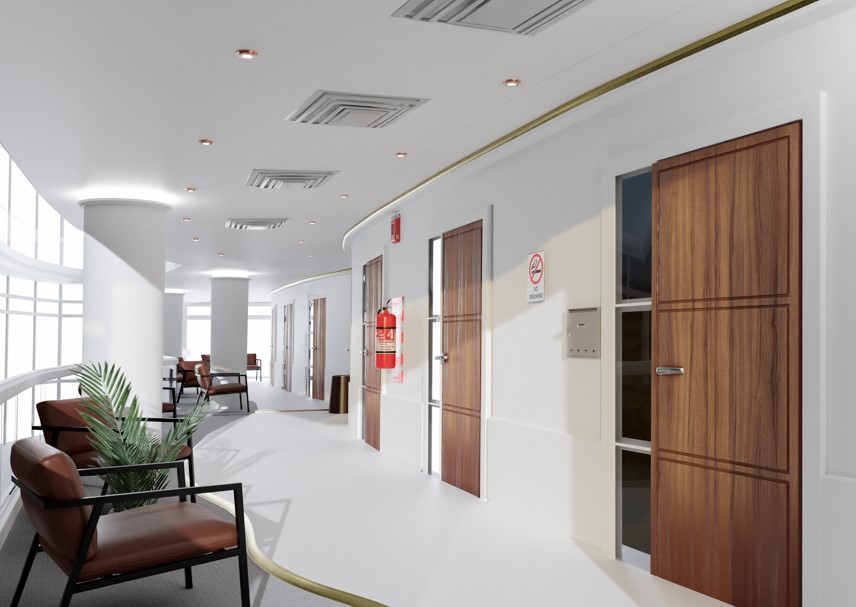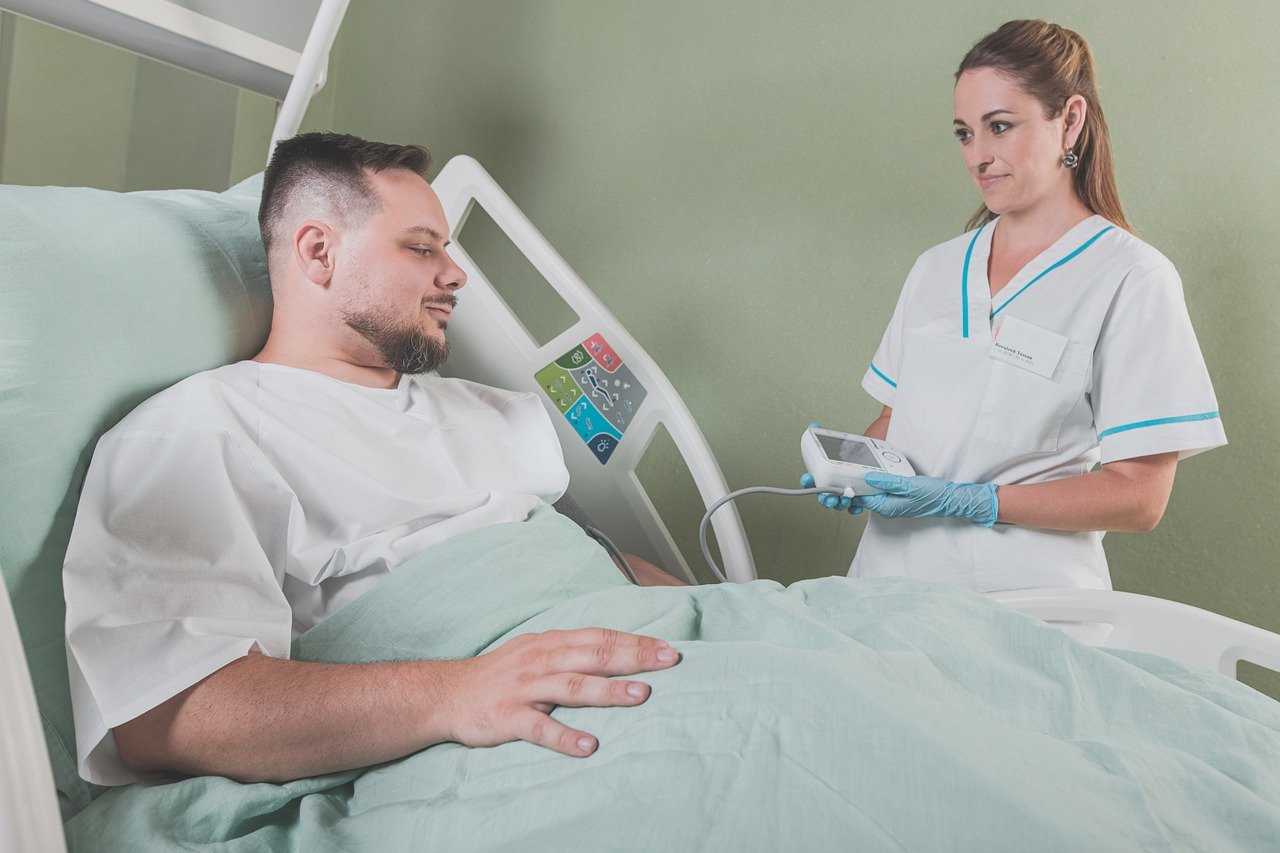24
May 2023
Indoor Air Quality: Why Quality Air Conditioning is Essential for Hospitals
Published in General on May 24, 2023

Whether your property is situated in a tropical or temperate region, it's crucial to have quality air conditioning. Imagine being stuck in a building without any windows or air conditioning units. Not only would the room feel hot and stuffy, but it may also lead to health consequences.
This is exactly why hospitals should be equipped with a functional, well-maintained quality air conditioning unit. If there's a lack of ample cooling systems in these public spaces, it could promote discomfort. In worst-case scenarios, it may even lead to negative health outcomes for the patients.
However, the pervading feeling of stuffiness isn't the only reason why hospitals require quality air conditioning. Let's explore in-depth why quality air conditioning is essential for hospitals.
5 Reasons Why Quality Air Conditioning is Essential
Air conditioning provides more than just cool air for the building's indoor environment. Its effects are felt by everyone within the hospital premises, including the patients, staff, and visitors.
For the medical staff and patients who spend long hours there, the reliability of the A/C unit becomes even more pronounced. This is why it's vital to consider professional AC installation with Alliance Climate Control and other reputed vendors.
Here are a couple of reasons why installing reliable A/C units is something every hospital should consider and prioritise.
- Allow the patients and staff to feel more comfortable
To allow hospital patients, staff, and visitors to be comfortable within the hospital premises, it is very important to maintain a well-functioning, quality air conditioning system. Hospital staff typically work long hours, and patients often reside in hospitals for days to weeks at a time.
By maintaining air at a comfortable temperature and humidity level, it is easier for the occupants of the hospital to breathe, which is a subtle but crucial determinant that can affect the healing process of patients.
Working in an adequately-cooled environment also helps staff members concentrate on providing care to these patients.
- Enhances ventilation
Due to the COVID-19 pandemic, there is an increased awareness of the importance of indoor air quality and ventilation systems for public health. Well-ventilated wards are particularly crucial to prevent the spread of the virus and protect both patients and staff.
While a well-maintained commercial ventilation system cannot guarantee protection against infection, proper installation and upgrades can help mitigate airborne diseases.
Hospitals can also implement measures to ensure that airflow does not cross-contaminate between different sections. They can also maintain appropriate temperature and humidity levels to reduce the risk of COVID-19 transmission.
- Helps to filter air
The air we breathe contains pollutants that we can't see with our naked eye. These pathogens can be dangerous when inhaled, but having quality A/C can mitigate the risk of these pathogens from affecting us.
Airborne pollutants and microbial particles as small as 0.3 microns can be filtered and eliminated by high-efficiency particulate (HEPA) air filters, which reduces the transmission of airborne diseases and pathogens.
HEPA filters are essential for filtering circulating air throughout the hospital. These filters also help supply and maintain clean air in patients' rooms. In turn, this prevents harmful substances, contaminants, and airborne diseases from reaching vulnerable patients.
- Improve the conditions of patients
Maintaining a comfortable temperature through sufficient cooling systems can help improve patient outcomes.
For instance, asthma attacks more frequently occur in high heat and humidity environments. This outcome, however, can be minimised if patients are situated in a cool and dry environment—which is something that a high-quality A/C unit can provide.
Furthermore, appropriate cooling also helps us protect ourselves from heat stress and maintain proper thermoregulation and homeostasis.
As such, having a quality air conditioning system that regulates the air supply, temperature, humidity, and ventilation can be the difference maker in helping the patients recover or unintentionally causing them to suffer more.
- Prevents cross-contamination of air
With patients being treated with various conditions under the same roof, hospitals need to prioritise airborne transmission.
This is especially true in a hospital environment where there's a dense cluster of immunocompromised patients. These people are vulnerable to contracting airborne particles and pathogens, resulting in an increased risk of multiple infections. This, in turn, can exacerbate their conditions.
Having quality air conditioning that filters recycled air prevents cross-contamination of the air within a hospital. This is especially pertinent inwards dealing with contagious diseases, as it can help reduce the risk of infection from one patient to another.
3 Ways to Make the Most Of An Air Conditioning System
If you're entrusted with obtaining A/C units for a hospital and are unsure how to go about it, here are some things to keep in mind.
- Choose energy-efficient air conditioning systems
Most air conditioning systems today, both for commercial and industrial use, all come with a rating for their energy efficiency. While the rating scores may differ from country to country, generally speaking, the more energy efficient a system is, the better.
Introducing an air conditioning system that is more energy-efficient helps the hospital to cut down costs, which may in turn, lead to the hospital being able to use the savings for other upgrades, or may reflect in a lower hospital bill for patients.
On top of saving money, using an energy-efficient system also helps to save the environment since less non-reusable energy would be consumed to enable the system to function.
- Perform regular maintenance for optimal performance
Maintenance is crucial for an air conditioning system to function both efficiently and effectively. The accumulation of faulty components due to the lack of regular maintenance may result in the deterioration of the air conditioning system, even for high-quality ones.
As a system, all the components need to be serviced regularly to allow the entire unit to work well. These components include the coils, coil fins, condensate and filters, to name a few.
- Find A/C units with air filtration and purification features
As mentioned earlier, hospitals should ideally have an air conditioning unit that is equipped with HEPA to prevent the spread of airborne diseases.
This means that choosing an air conditioning system that allows for air filtration and purification is crucial for hospitals.









